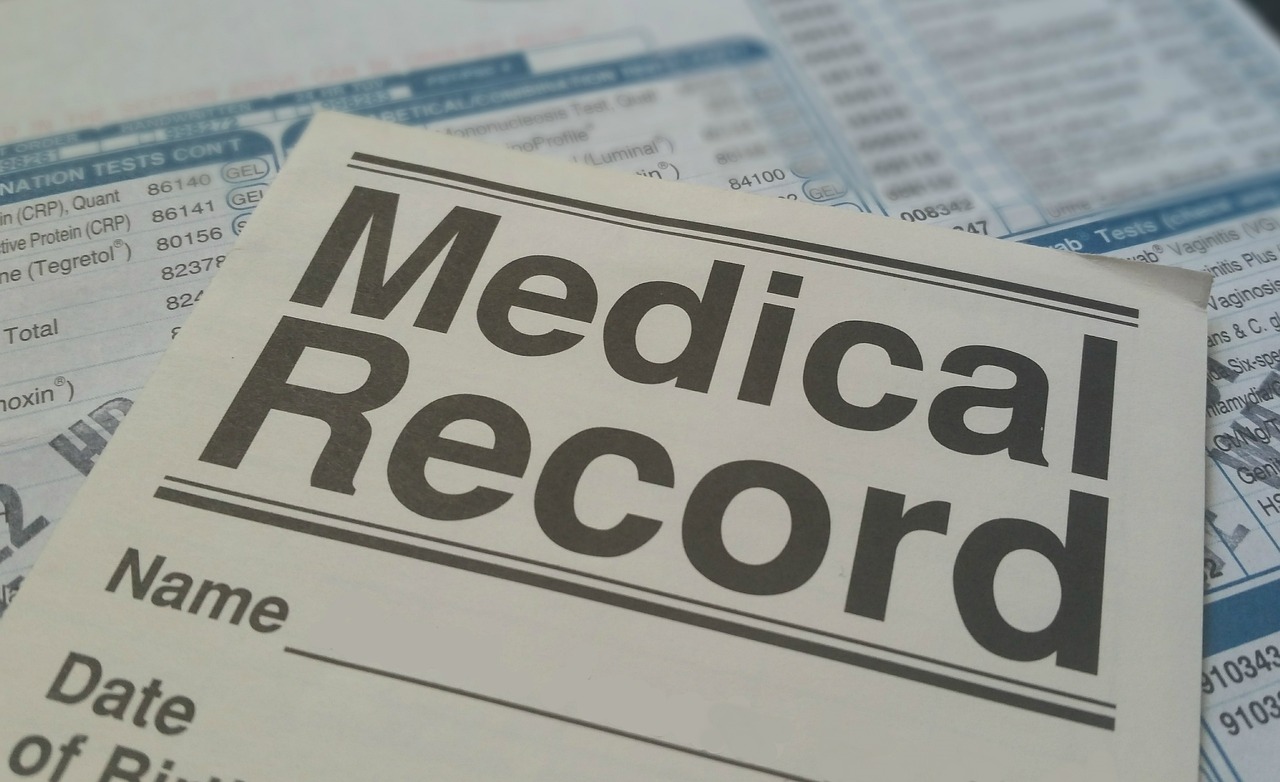“What can Dr. Crayton help you with today?” I was starting my annual multiple sclerosis checkup with my neurologist, and before I met with her, I got this question from her MS nurse.
I was stumped. I’d never been asked that before. I think most people with MS would have a list of things they could rattle off — help me with my bladder problems, suggest a treatment that will ease my spasticity, or write me a prescription. But I could think of nothing. I’d been there and done that many times before.
“You know,” I told the nurse, “I’ve been living with MS for nearly 43 years. I’m almost 75 years old. My MS has been progressing very slowly for ages, and my medications are doing a reasonably good job. I really don’t need anything.”
But I was so glad she asked. In this age of 20-minute doctor visits, I don’t think most people with MS are asked what the doctor can do to help them. There’s often a lack of communication.
We’re a doctor-patient partnership
I’ve been extremely lucky. I’ve known Dr. Heidi Crayton since 1994 or ’95. She was a resident in the neurology department at Georgetown University Hospital in Washington, D.C. (now known as MedStar Georgetown University Hospital), where my attending neurologist was the department’s chairperson. I’d been diagnosed about 15 years earlier and had just entered a Phase 3 clinical trial for Avonex (interferon beta-1a). She and I were both doing something new.
Around 2007, after she left Georgetown and took some time to start a family, Dr. C. started a private practice and opened the Multiple Sclerosis Center of Greater Washington. Shortly after that, I became her patient again. Well, not just a patient. I think of her as a friend, and I think she feels the same. I don’t feel special, though. I think she feels the same way about all of her patients.
It’s a doctor-patient partnership, a collaborative effort that makes treatment decisions with quality of life foremost in mind. There’s no rush. It’s not unusual for her to spend a full hour examining me and discussing treatment. I can always reach her when I need her, and her staff is great, including knowing how to deal with insurance companies. This is the way all people with MS should be treated, but it isn’t.
How do you find a good MS neurologist?
MS is unique to each patient, and many general neurologists may not understand that concept. They may also be unfamiliar with the latest MS treatments. Additionally, MS is difficult to diagnose. It has symptoms similar to other illnesses and is frequently misdiagnosed. A good neurologist may not be easy to find for someone with MS.
One of the keys to finding one is to look for an MS specialist. The National Multiple Sclerosis Society provides a good database of recommended MS neurologists in the U.S., as well as other healthcare resources. Searching for a multiple sclerosis center, which provides a team approach to MS care, is also a good idea. You can search a worldwide list of them on the Consortium of Multiple Sclerosis Centers‘ website.
There is very good MS care out there. If you don’t have it, I hope you can find it.
(This post first appeared as my column on the MS News Today website.)
(Image by vjohns1580 from Pixabay)



